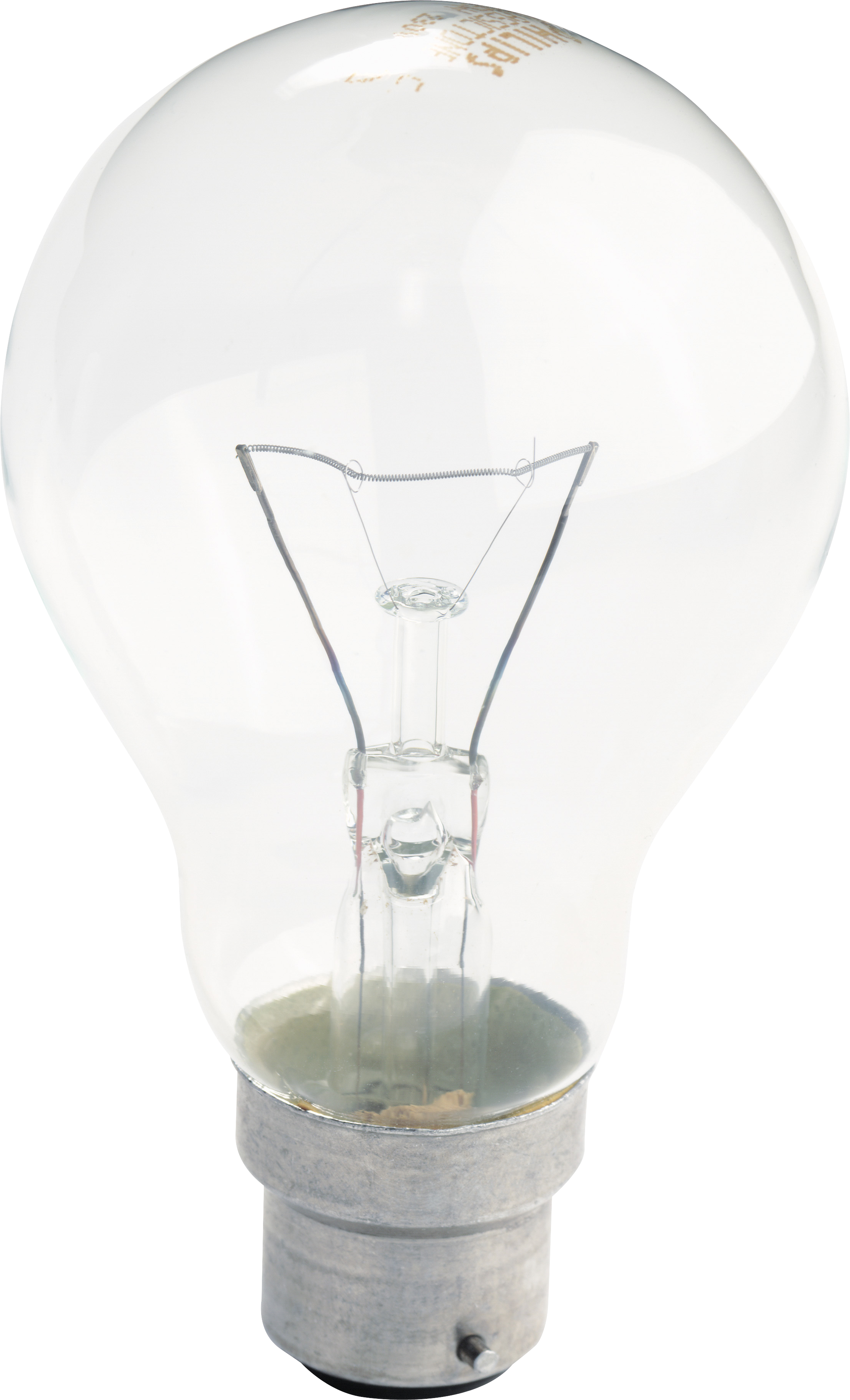
This image has format transparent PNG with resolution 2220x3657.
You can download this image in best resolution from this page and use it for design and web design.
light bulb PNG with transparent background you can download for free, just click on download button.
An electric light is a device that produces visible light from electric power. It is the most common form of artificial lighting and is essential to modern society, providing interior lighting for buildings and exterior light for evening and nighttime activities. In technical usage, a replaceable component that produces light from electricity is called a lamp. Lamps are commonly called light bulbs; for example, the incandescent light bulb. Lamps usually have a base made of ceramic, metal, glass, or plastic, which secures the lamp in the socket of a light fixture. The electrical connection to the socket may be made with a screw-thread base, two metal pins, two metal caps or a bayonet cap.
An incandescent light bulb, incandescent lamp or incandescent light globe is an electric light with a wire filament heated until it glows. The filament is enclosed in a glass bulb with a vacuum or inert gas to protect the filament from oxidation. Current is supplied to the filament by terminals or wires embedded in the glass. A bulb socket provides mechanical support and electrical connections.
Incandescent bulbs are manufactured in a wide range of sizes, light output, and voltage ratings, from 1.5 volts to about 300 volts. They require no external regulating equipment, have low manufacturing costs, and work equally well on either alternating current or direct current. As a result, the incandescent bulb became widely used in household and commercial lighting, for portable lighting such as table lamps, car headlamps, and flashlights, and for decorative and advertising lighting.
Incandescent bulbs are much less efficient than other types of electric lighting. Less than 5% of the energy they consume is converted into visible light; the rest is lost as heat. The luminous efficacy of a typical incandescent bulb for 120 V operation is 16 lumens per watt, compared with 60 lm/W for a compact fluorescent bulb or 150 lm/W for some white LED lamps.
The heat produced by filaments is used in some applications, such as heat lamps in incubators, lava lamps, and the Easy-Bake Oven toy. Quartz envelope halogen infrared heaters are used for industrial processes such as paint curing and space heating.
Incandescent bulbs typically have short lifetimes compared with other types of lighting; around 1,000 hours for home light bulbs versus typically 10,000 hours for compact fluorescents and 20,000–30,000 hours for lighting LEDs. Most incandescent bulbs can be replaced by fluorescent lamps, high-intensity discharge lamps, and light-emitting diode lamps (LED). Some governments have begun a phase-out of incandescent light bulbs to reduce energy consumption.
Here you can download free PNG images on theme: Bulb light PNG image, free picture download